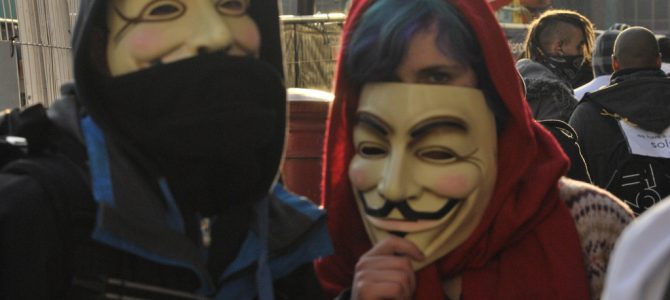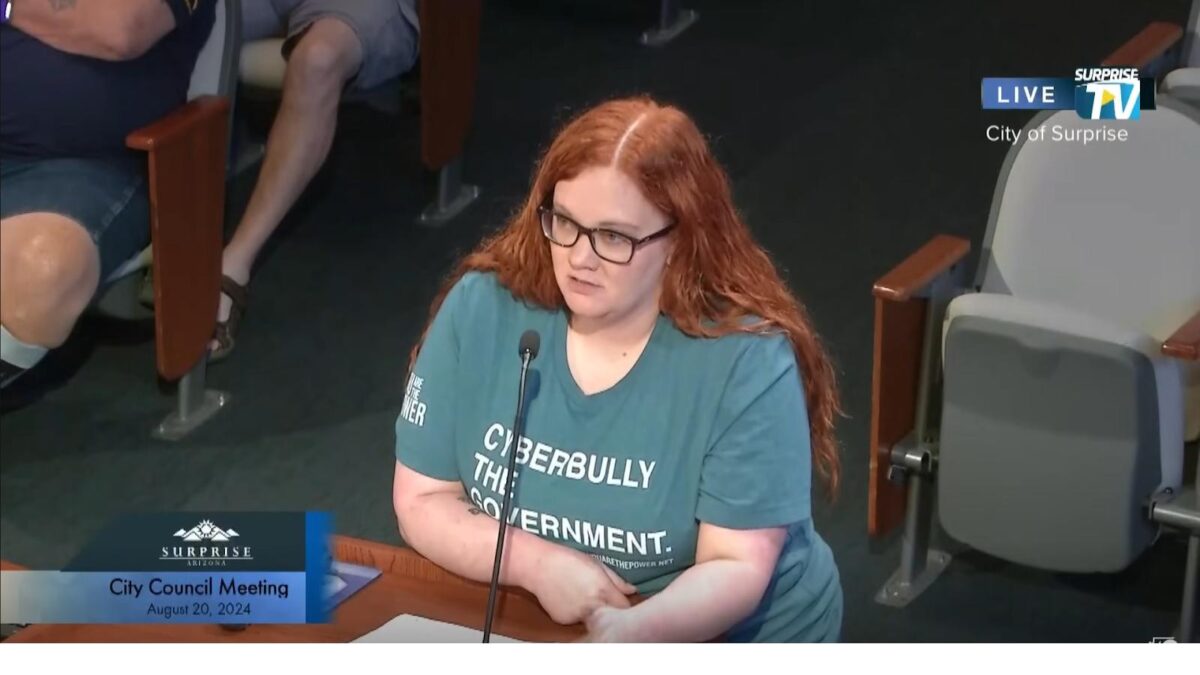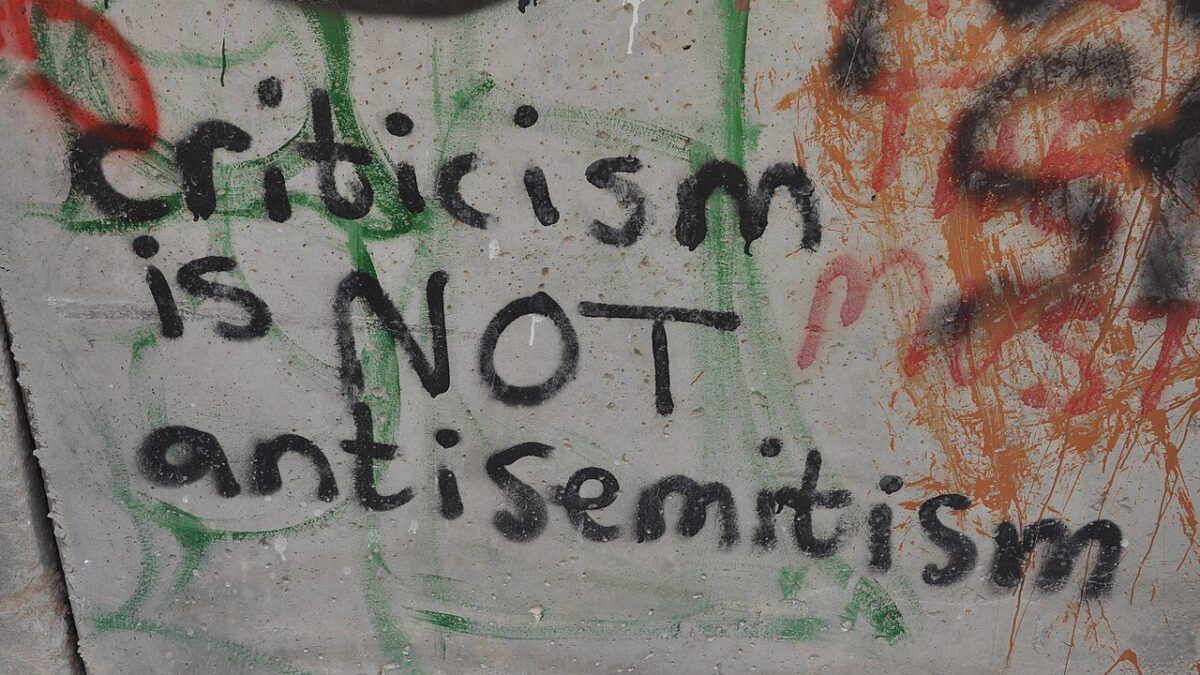
Almost 400 professors have signed a pact to uphold the right to free speech on their college campuses since professors Robert P. George and Cornel West, respectively of Princeton and Harvard, published the appeal last week.
If students possess the brains we gloated about in our college applications, this should alarm us. This kind of edict should jerk us college kids from our self-absorbed slumber as if someone tossed a bucket of ice water into our dorm-issued bed at dawn’s first light.
In the statement, George and West defend the pursuit of truth and diversity of thought in an argument that fuses the freedom to disagree to the preservation of our democratic society. They celebrate and encourage humility and open-mindedness, dispositions they believe lead to productive discussions. They write: “All of us should be willing—even eager—to engage with anyone who is prepared to do business in the currency of truth-seeking discourse by offering reasons, marshaling evidence, and making arguments.”
Professors all around the country have signed this oath in response to a widespread campus culture that demands homologous thought in the name of equality. While these instructors have made an important choice, American universities won’t progress until their students practice a commitment to true equality, which values free speech through the practice of authentic deliberation, honest discussion, and civil discourse.
That’s why we students need to take our own oath and start protecting the free speech we are privileged to practice. Without it, we will abandon an education that could challenge and strengthen our dearest beliefs for a thorough, self-imposed brainwashing with a hefty price tag. And what would be the point of that?
Students Have a Deservedly Bad Free-Speech Reputation
Earlier this month, a mob of students protesting at Middlebury College physically attacked a visiting author, Charles Murray, and injured Allison Stranger, the professor escorting him to his speech. This incident is a part of a trend, although the level of violence warranted it especially newsworthy.
This academic year has seen young scholars shout down speakers all over the country, branding themselves as the students who cried oppression. It is possible, of course, that some of those instances were good — the right to peaceably assemble is one Americans should always protect and practice when necessary. But most of these protests obstructed what could have been a productive discussion between a group of debate-ready students and a famous partisan with a strong commitment to his or her beliefs.
The right to free speech enables speakers, professors, and students of any ideological conviction to publicly justify their principles. That’s what makes this situation so ironic. Protesters can express their hatred for someone because of the First Amendment, but in doing so, they argue for the obstruction of the same right they’re using. If their wish were granted, and the right to free speech abolished, they would gag themselves as much as their opponents.
Debate and discourse, enabled by the right to free speech, are integral to the learning process. When we humble ourselves enough to entertain someone else’s views, we allow ourselves to consider why we might be wrong, which allows us to check our reasoning over and again. We have the opportunity to change our own minds or change the minds of others in how we perceive fundamental truths about humanity, and how those truths manifest themselves in today’s society. That’s exactly what education is supposed to do.
But students keep choosing to drown out those they consider intolerable. Immediately labeled as racists, sexists, bigots, and homophobes, anyone with a more conservative set of beliefs loses the chance to legitimize their thoughts. What’s more, the students who take that opportunity from them also give up their moment to hurl intelligent, tough questions that an expert ought to be able to answer. In condemning their rival as the world’s worst, they waste the occasion to articulate why they disagree and demand an answer to the trepidations that antagonize them.
College Doesn’t Mean Anything If We’re Not Here to Learn
A long list of professors have agreed to challenge their classrooms, and this will make a difference within the lecture halls, but that’s not enough. Students spend the majority of their time at school in cafeterias, coffee shops, dormitories, and libraries — places profs aren’t around to nudge conversations in a productive direction. Students have to take responsibility for their own discussions, which means they must be willing to have them in the first place, with a commitment to charity and humility as their guide. We need to ask each other why we hold certain truths, how those truths appear in society, and to what end we acknowledge them. We must examine our thoughts and the thoughts of our peers with frequency and curious and deliberate, yet kind, intent.
That’s when we will learn — when we argue, explain, defend, oppose, and question. These discussions, though sometimes uncomfortable, will guarantee us an education, and, more importantly, protect us from brainwashing.
Students, it’s time to take action and protect the right to free speech and diversity of thought that the Constitution preserves. If we humble ourselves and learn from our professors and our peers, we can champion equality, rather than substitute it for a prescription to a bland, homogenous narrative. It is time to shed our snowflake identity and don the strong, smart character we are capable of embodying.









